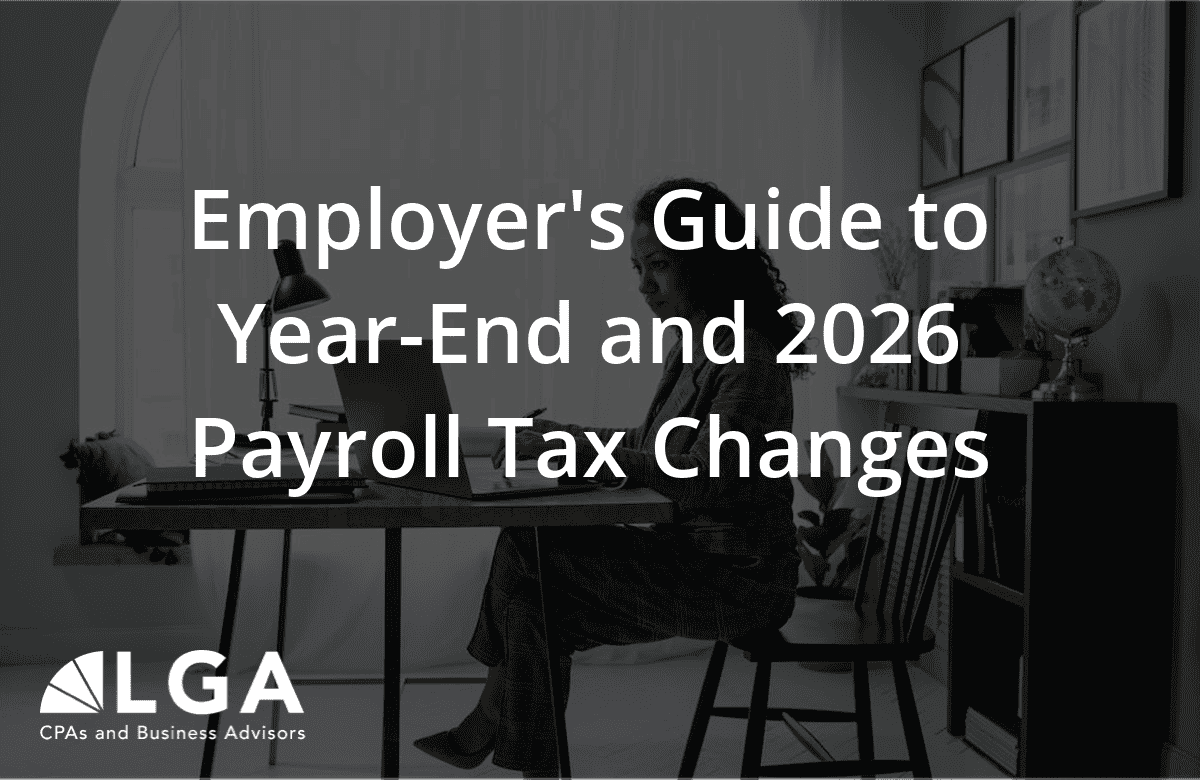
In June 2024, the Supreme Court made a landmark decision that has major implications for estate tax valuations involving corporate-owned life insurance. The case, centered on a business owned by two brothers, redefines how these insurance policies impact the valuation of an estate for tax purposes, potentially affecting closely-owned businesses across the country.
The Case
The case revolves around a disagreement concerning the fair market value of an estate’s ownership in a corporation that ran a building supply business. The business, originally owned by two brothers, had previously agreed on a buy-sell arrangement that allowed the surviving brother to buy the shares of the deceased brother. To facilitate this, the company owned life insurance policies for each brother. However, in this instance, the surviving brother chose not to exercise his right to buy his brother’s shares. As a result, the company was obligated to redeem the shares from the estate of the deceased brother at a price determined by an independent appraisal.
The deceased brother’s estate valued the company stock at an operating value that did not include the cash received from the life insurance since the company was obligated to use that cash to buy out the estate’s share of the company. The IRS argued that the death benefit received by the company increased the value of the company at the time of death, even though the cash would then be used to redeem the shares. The Supreme Court agreed with the IRS’s position that the redemption of the shares was not a liability that offset the value of the insurance proceeds received. The Supreme Court opinion ruled that redeeming the shares at fair market value doesn’t impact any shareholder’s financial interest; a hypothetical buyer wouldn’t factor in the company’s obligation to buy back the shares at fair market value as something that lowers their value.
How does this affect succession planning?
The ruling significantly impacts the succession planning of closely held businesses by requiring life insurance proceeds to be included in the valuation for federal estate tax purposes. This inclusion can increase the taxable estate value, potentially leading to higher estate taxes.
Businesses must now consider these proceeds in valuations, which could alter their financial strategies and succession planning efforts. Business owners should reassess their buy-back agreements involving life insurance, possibly restructuring them to manage the increased tax burden effectively.
As an alternative, owners could consider a cross-purchase agreement. That agreement allows a company’s partners or other shareholders to purchase the interest or shares of a partner who dies, becomes incapacitated, or retires. The agreement relies on a life insurance policy in the event of a death to facilitate that exchange of value, however with insurance owned by each business owner, not by the company. Bear in mind that a cross-purchase agreement may be best implemented in a company with two or three owners and otherwise may be overly burdening. Additionally, establishing irrevocable life insurance trusts or an alternative entity to hold life insurance policies may be a solution. Consulting with your estate planning attorney is an important step to determining optimal strategy.
The Scenario based on the ruling:
A hypothetical company is valued at $3 million.
- The company pays the insurance premiums for each owner’s $3 million policy.
- The company is the policy beneficiary.
- One of the two owners dies, and the company receives the payout.
- The company is now valued at $6 million from a fair market value estate perspective.
To actually determine the company’s valuation, we look at the corporate structure and also:
- What the company’s cash-flow-generating ability is,
- What the net assets are,
- How integral was the person who passed, and
- What other companies sell for.
Because valuation is done at a specific point in time, we would also review the insurance money accrued on the balance sheet and may identify it as an excess asset or a separate component of value.
Business owners should reassess buy-back agreements involving life insurance.
Reassessing buy-back agreements involving life insurance means businesses need to review and potentially modify these agreements to account for the inclusion of life insurance proceeds in company valuations for federal estate tax purposes.
This involves examining how life insurance is used in the succession plan, evaluating the potential tax implications, and exploring alternative strategies to mitigate increased estate taxes. The goal is to ensure that the business and its owners are not adversely affected by the higher taxable estate value resulting from the judgment’s implications.
What should business owners do to comply with this change?
To comply with the Supreme Court’s ruling, ensure compliance, and mitigate potential financial impacts of including life insurance proceeds in company valuations, business owners should:
- Talk to their team, i.e., wealth planner, estate planning attorney, and CPA, to develop strategies that minimize the impact of increased estate taxes.
- Explore alternatives, such as a cross-purchase agreement.
- Reassess and update succession plans to reflect the new valuation rules and ensure they align with the business’s long-term goals.
- Assess current buy-back agreements involving life insurance to understand the financial and tax implications.
The Supreme Court’s ruling in Connelly v. United States underscores the necessity for closely held businesses to adapt their succession planning and financial strategies.
LGA is here to help.
At LGA, our dedicated team collaborates with business owners to develop, implement, and execute strategies that align with both personal and business goals. Whether you need to reassess your succession plans, explore alternative buy-back agreements, or understand the implications of the recent Supreme Court ruling, LGA is here to guide you every step of the way. Contact us today to help you navigate these complex changes and secure the future of your business.







